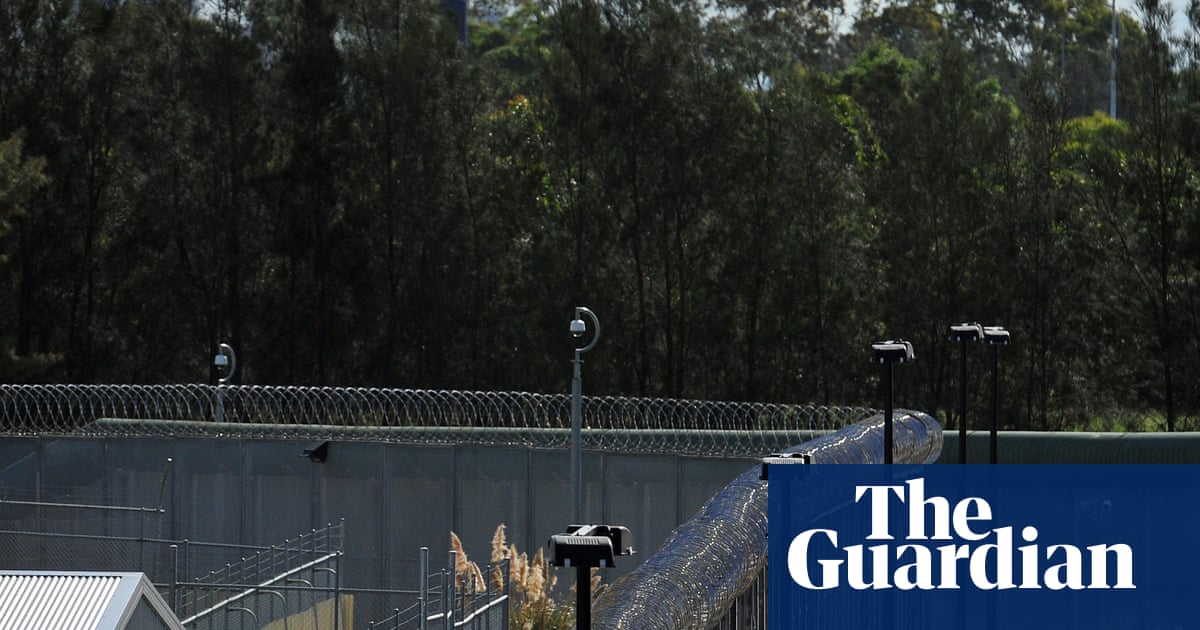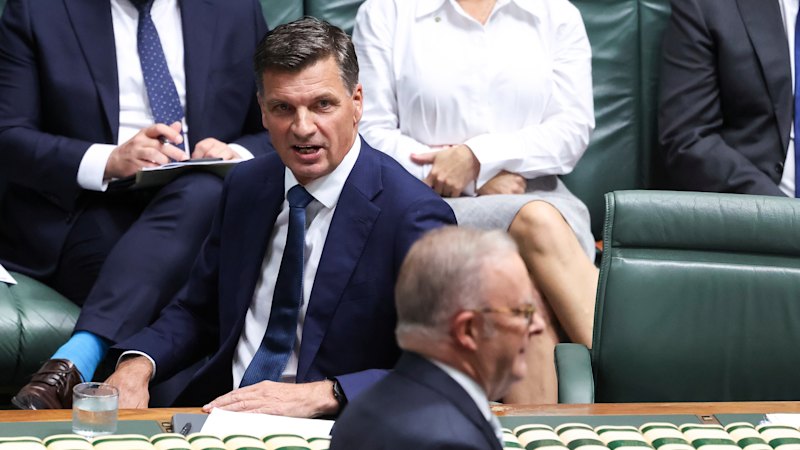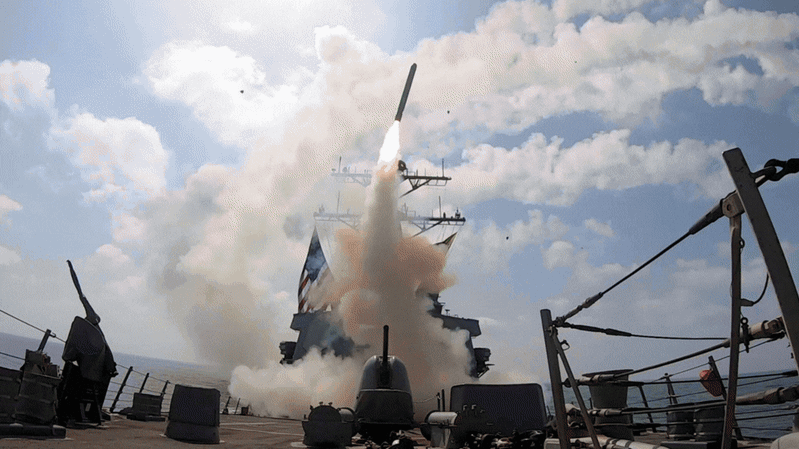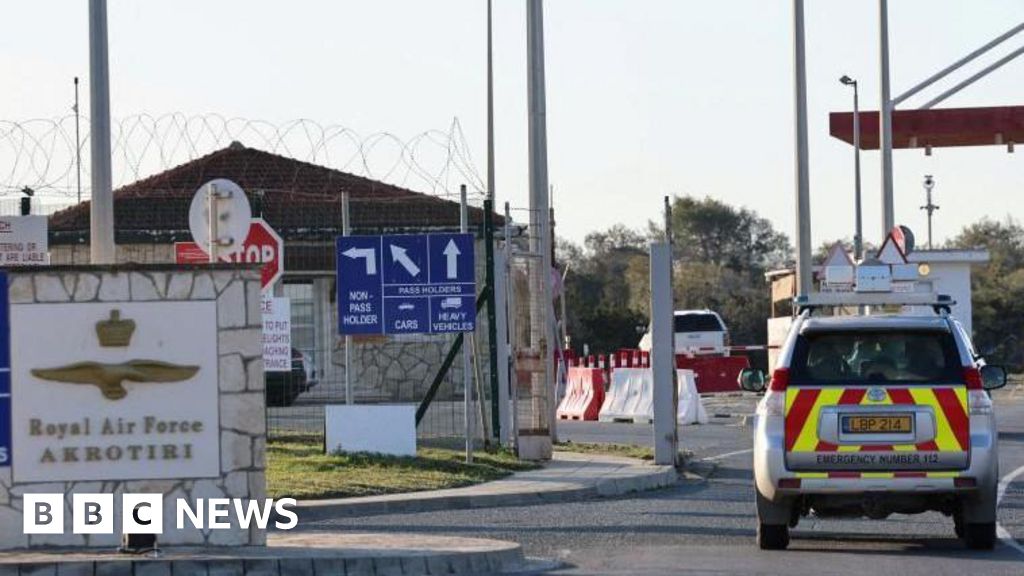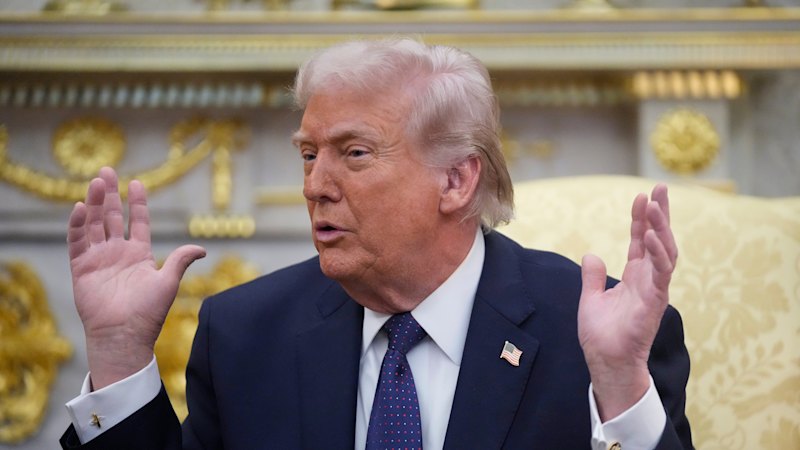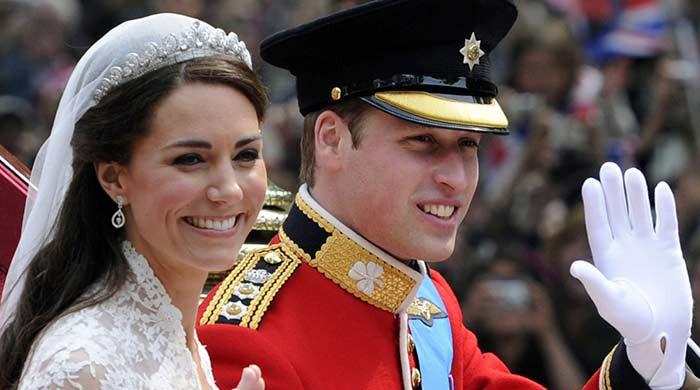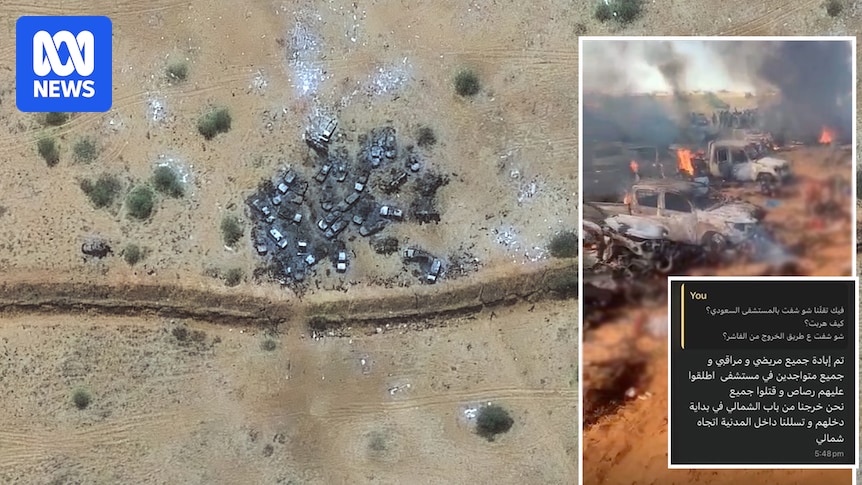
In a chilling series of WhatsApp messages, Abdullah* recounts the harrowing events that unfolded at the Saudi Hospital in El-Fasher, a city in Sudan’s Darfur region. Everyone he knew there is dead, he says, reluctant to divulge more due to fear for those still trapped after the Rapid Support Forces (RSF) seized control of the city in late October.
The RSF, once a state-aligned militia, now stands as the primary opposition to the Sudanese Armed Forces (SAF). According to the World Health Organization (WHO), more than 460 patients and their companions were killed at Abdullah’s workplace, and at least six healthcare workers were abducted.
“We left through the northern gate at the beginning of their incursion and infiltrated the city towards the north,” Abdullah recounts. Thousands like him were forced to flee, with some traveling over 70 kilometers to reach relative safety in Tawilah.
The Fall of El-Fasher
The RSF now controls much of western Sudan, including El-Fasher, the capital of North Darfur State, which had been the SAF’s last major stronghold in Darfur. The city fell after a grueling 500-day siege, marking a significant shift in the region’s power dynamics.
Accessing cities like El-Fasher is fraught with danger, leaving the monitoring of the conflict largely to aid groups, online videos, and satellite imagery. On October 27, as the RSF took El-Fasher, war crime investigators at the Yale Humanitarian Research Lab observed ominous “reddish ground discolouration” and “light objects” in satellite images.
“They did not appear in the baseline imagery from a couple days before. There was no presence of objects between 1.3 to 2 metres in length,” said Nathanial Raymond, executive director of the lab. “The discolouration. It’s usually about a half-a-metre in size and it occurs when the bodies first appear and that’s the blood discolouration.”
Further analysis revealed vehicles blocking roads in western El-Fasher and similar scenes at a university building on October 28, where bodies were strewn across the ground floor, captured in graphic videos geolocated by ABC NEWS Verify.
The Human Toll and Global Indifference
The aftermath of the carnage was brazenly filmed by the RSF and disseminated online through RSF-aligned Telegram accounts. ABC NEWS Verify matched these videos to satellite imagery, confirming the horrific scenes.
“What shocked me is how little the world has cared,” Mr. Raymond expressed to 7.30.
For families of El-Fasher residents abroad, the grim reality is often learned through these gruesome videos. Musab Hassan, a Sydney-based leader of the Zaghawa community, has been scouring RSF accounts, hoping to find any trace of his family and friends.
“This is very horrific to watch, especially on your own people,” Mr. Hassan says. “And you know that you have people there, whether they’re facing the same fate or they are already being killed, you don’t know.”
Mr. Hassan’s cousin, Abdelazziz, an aid worker, was kidnapped by the RSF on October 26 and held for ransom. Despite paying six million Sudanese pounds ($15,000), the family remains in the dark about his fate.
The Struggle for Information
Sudanese community member and humanitarian specialist, Sara Sinada, highlights the difficulty in obtaining reliable information from within Sudan. The RSF’s control and intimidation tactics have stifled communication, leaving many in the dark.
“The biggest fear was for RSF to get anyone’s phones and find a photo or a text message that documents what’s happening,” Ms. Sinada explains.
This climate of fear has resulted in significant under-reporting, with most information emerging from RSF sources themselves. For Mr. Hassan, the uncertainty surrounding his family’s fate is a heavy burden.
“The RSF is not like any other criminal organisation. They do the crime, they document it themselves, and they send it to you right away to your screen,” he laments.
As the world watches, the situation in Sudan remains dire. The international community’s response will be crucial in determining the region’s future, as families and communities continue to grapple with the aftermath of the El-Fasher massacre.
*ABC NEWS Verify has chosen to change Abdullah’s name for his safety.
